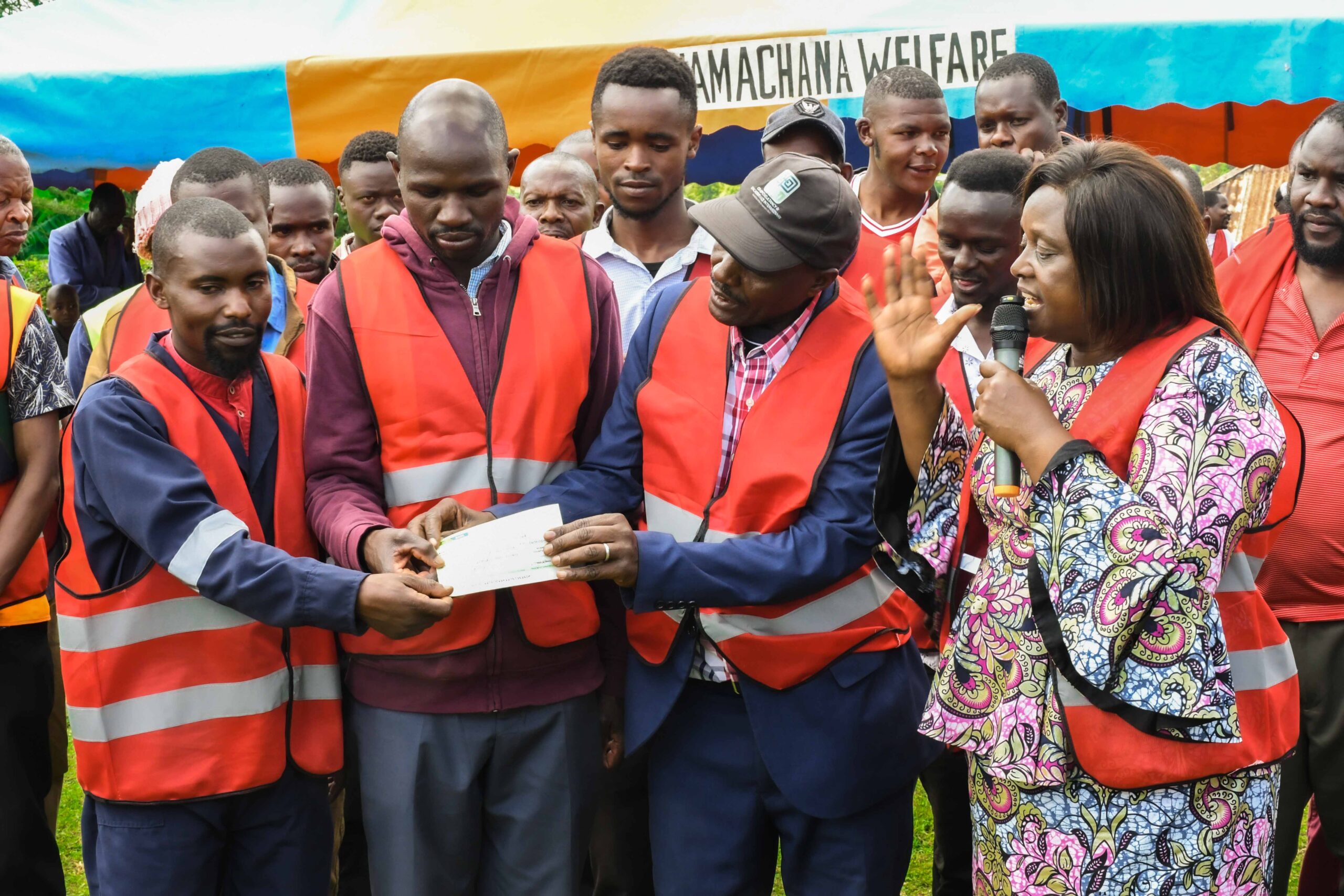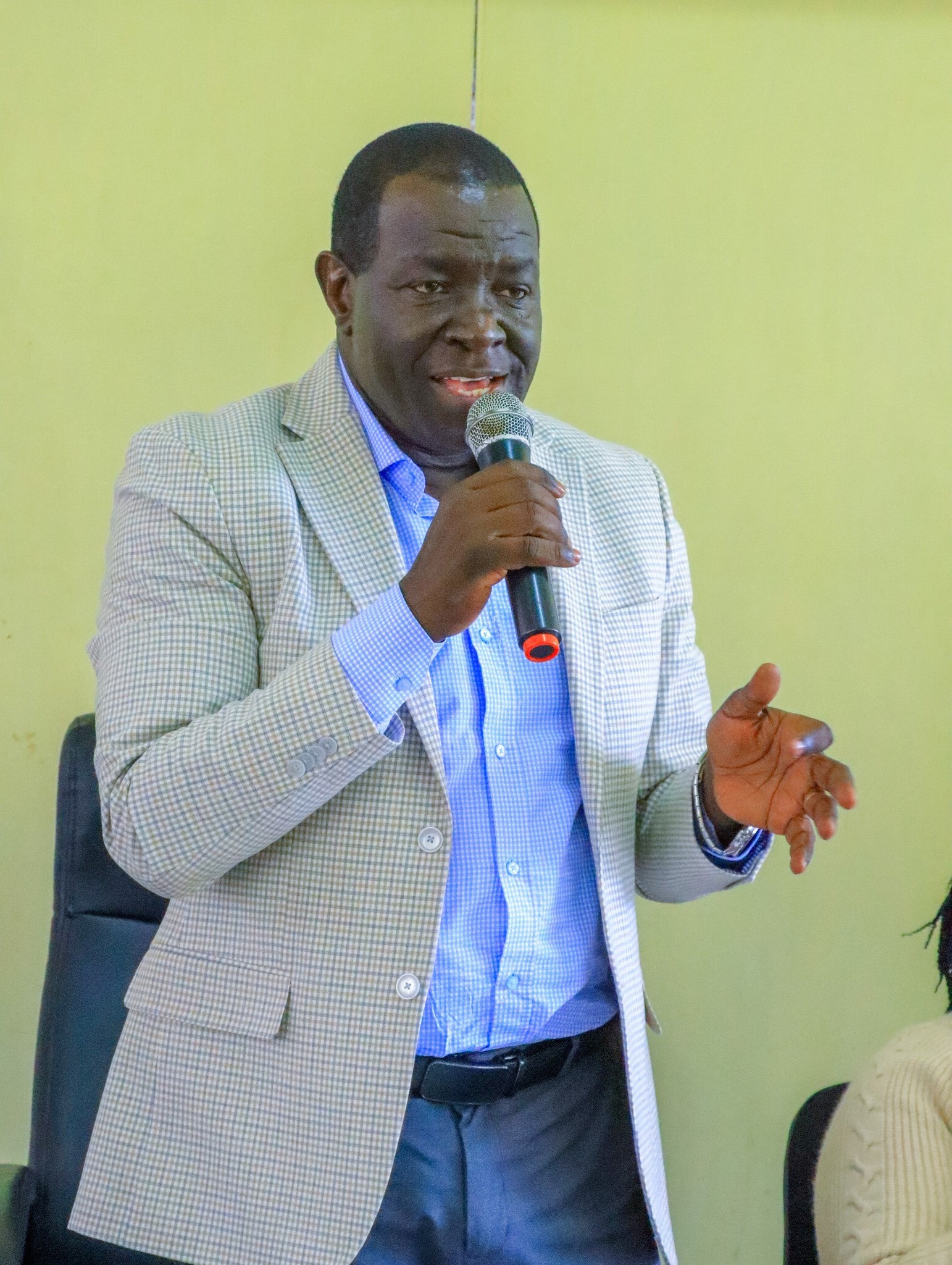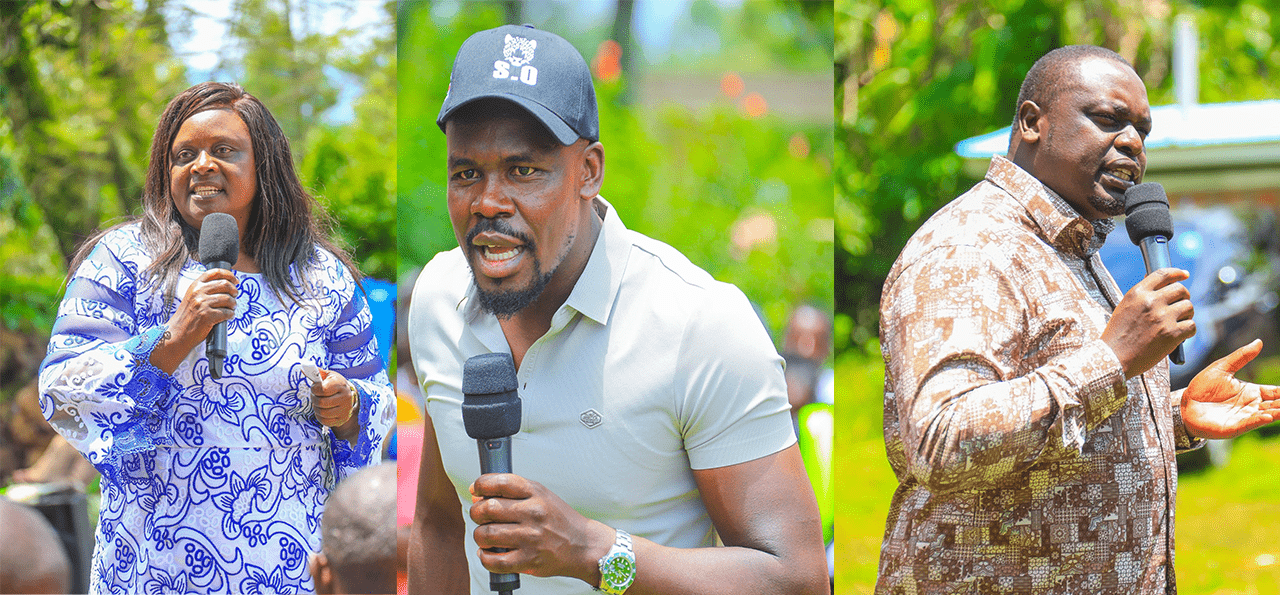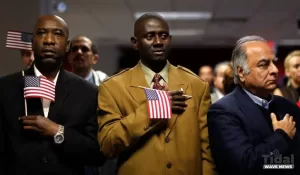
By Steve Mokaya
“Most Africans in America have started going back home, after realising that life in America is not as rosy as it seems to be,” says Abiuth Maronga.
Maronga left Kenya for the USA fifteen years ago, with hopes full to the brim of getting a life that many people are coveted.
More than a decade later, he has seen it almost all, encountered setbacks in abundance, and achieved monumental successes. Above all, he has managed to embrace the African spirit, which he says has buoyed him up in the hours of need.
He speaks of the irony of the American dream to an African son/daughter, and of the black magic culture that haunts Kenyan witches who make it through to America, unwashed.
“Most people in Kenya think that life is so easy here in the Diaspora. But the truth is far away than they can imagine. For instance, if you are a low-income earner, you have to do at least three jobs to sustain your stay in America and help a family at home. I am always busy and only sleep for about four hours a day,” he said.
Maronga, a native of Kisii, went to America when his education level was that of a diploma, but he has braved the stormy weather of racism and hard work amidst family challenges to reach a PhD in computer science.
“I realised that if you are of a low education level, you can only do odd jobs whose salary cannot foot all the expenses of your bills and those of your dependents,” he said.
Thus began his ascent to the top academic echelon and professionalism. However, that didn’t come easy.
“Racism in America is alive and well, especially in the education circles. Unfortunately, the vice becomes more salient the more one goes up the academic ladder and starts competing with the locals in the job market,” he said.
He remembers an incident when he was dealt a dose of racial discrimination.
“I was a tutor of diploma students and I was teaching the whites. We were two tutors in that class; a white guy and myself. One day, a certain student had a problem and they needed consultation,” he said.
“The other tutor was busy helping other students and I was free. The student waited until the white tutor was done with the other students then he attended to them. All this other time I was free but they insisted that they were OK.”
Away from the lecture room, he says the vice is more conspicuous in the workplaces.
“I was working with a certain top company as a senior employee. One day I went to inspect my juniors in another office. The juniors were white. Immediately I entered the office, one of them pointed me to the dustbin rack, thinking that I was a rubbish collector. Those are very embarrassing moments but I have learnt to develop a thick skin. I smile off such attacks and that’s how I have survived them,” he said.
Maronga, who has since established his global sartorial company, talked about nursing, the most common work done by immigrants from Africa, or so it is assumed.
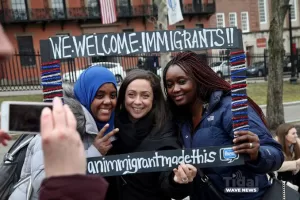
“Most immigrants from Africa work in nursing homes. That’s why a good number of visiting Kenyans and other Africans study nursing here,” he said.
There is a high demand for caregivers and nursing homes are many in the world’s superpower, he says.
“I have worked as a nurse in a hospital but even there, the mistreatment of black nurses is so real. For example, if you are black, you are most likely to work in the wards with patients in the worst conditions, unlike the white nurses,” he said.
“It is hard to get a top job in any sector, and even if you get it, you’ll be bullied by some whites who will not feel well by the virtue that you are working at the same level as them.”
Culture shock, he says, is the most common problem that faces new immigrants in America, including settling into the non-existing gender roles, which are well defined in most African countries.
“In America, there is nothing like gender roles. A man can babysit his children, do the cooking and other roles that are a reserve of women back in Africa,” he said.
If you are that good-hearted kind of person, who is always willing to help anyone in need, you can’t do that in the land billed as the ‘greener side’. Maronga says that people are very careful with themselves and that’s how they have been brought up, unlike in Africa, where communal concern and motherhood abound.
And if you think that that is too much, there is more. You are not expected to help anyone without proper consent, lest you get arrested, he says.
“You can’t visit your neighbour without permission. Children are owned by the government, and if you mistreat them, the government can come and take them away,” he said.
He adds that most Africans who stay in America try to copy the demeanour and mannerisms of the Americans, only to look weirder.
“For example, some try to speak like Americans or black Americans, copying the nasality accent. However, however much they try to perfectly copy, the original speakers just know so easily and they start making fun of the pretence of Africans,” he said.
Maronga recalls how culture shock slowly ate up his marriage to the point of rendering it utterly asunder.
“There was this Kenyan girl from Kenya that I was dating. She was too good before she came here to the US. She was so good a Christian that she reminded me to pay my tithe, pray, and the likes. I was convinced that she was the best lady to marry,” he said.
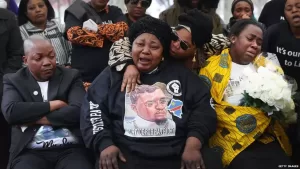
“So she came to America and we married. Then everything changed and I started seeing her true colour. I could not tell her anything. She could not do the role of a wife. She saw what American women were doing and did exactly that. I tried all I could do to save the marriage but it didn’t hold together,” he said.
They later divorced, albeit not legally because the process of legal divorce and the whole legal process is very expensive, Maronga says. He has since married another African lady in America.
Despite a huge and strong wave of whites working against them (the blacks), he says that the blacks also contribute to their misfortune.
“What we lack here is unity among the Kenyans. in recent years, most Kenyans have been living in some states such as Minnesota, North Carolina, and New Jersey, to forge unity. But things are now changing after it has emerged that negative social behaviours are practised among the Kenyans in such areas,” said.
“For example, Kisii witches have been caught practising witchcraft at people’s compounds. That has impacted the Abagusii in Diaspora in such a negative way that they are now running away from each other, due to shame. They are now moving to faraway areas so that they don’t have Kisii neighbours. So bad is the situation that it is even becoming difficult to worship together as a community in the church,” he offered.
On a positive note, Maronga says that he is closely tied to his Kisii and Kenyan community back at home, and he would like his children to be truly African, with African values.
“I may be miles far away from my native land but I am always in touch with the people at home. I even get news from Kenya faster than most Kenyans in Kenya. Again, my home village considers me as their son,” he said.
Maronga sponsors several children’s education from his community in Kisii. Besides, he is always involved whenever his people need help, and he ‘gladly assists’ when and where he can.
“When all is said and done, I see Africa as the most accommodating place on earth, where one can live freely with their morals checked by the community, not the US,” says the resident of Arizona.

